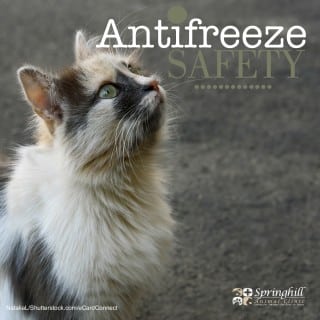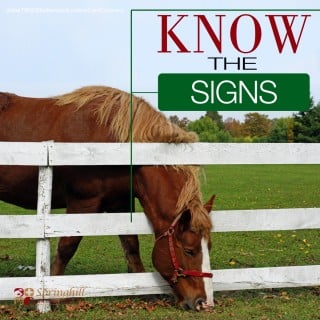Up to 15 percent of broodmares who checked safe in early pregnancy abort by late fall. Have broodmares checked by ultrasound or palpation in early winter to catch any potential problems early enough to treat or make plans to rebreed the mare during the next breeding season if necessary.
Pregnancy checks also provide an opportunity to review vaccine and parasite treatment schedules and test for ailments such as equine infectious anemia (EIA). Broodmares should receive deworming treatment every 60 days throughout their pregnancy. Vaccination requirements include tetanus, eastern and western sleeping sickness and West Nile virus.
We can help guide you through proper nutrition and lighting programs that can hasten gestation. Feed your broodmares normally until the last one-third of pregnancy, when the fetus will require more energy for development. Increasing feed too early can cause excessive weight gain and problems in pregnancy. A 1,100-pound mare should gain about 100 to 130 pounds during the course of her pregnancy.
Fescue is commonly infested with endophyte fungus, which causes prolonged gestation, lack of milk production and foaling problems. To guard against these concerns, remove your broodmares from pasture 60 to 90 days prior to foaling or consider daily doses of domperidone.
Take time in early winter to check that you have the supplies and equipment for foaling and an emergency plan in place in case complications arise.
Causes of abortion in broodmares include twinning, umbilical cord abnormalities, mare reproductive loss syndrome, fescue grass toxicosis, equine herpes virus (EHV), equine viral arteritis (EVA), bacterial abortion and equine mycotic placentitis.
Watch for warning signs of problems that may require veterinary intervention. Check your mare’s mammary glands daily for premature development beginning at about eight months of gestation. Premature development and discharge could indicate a problem with the pregnancy. Also during this time check your broodmare’s vulva for discharge, which can indicate an infected placenta.
Problems during foaling that require emergency veterinary attention include uterine rupture, uterine prolapse, perineal lacerations and retained placenta.
Partner with us for a successful breeding season!



